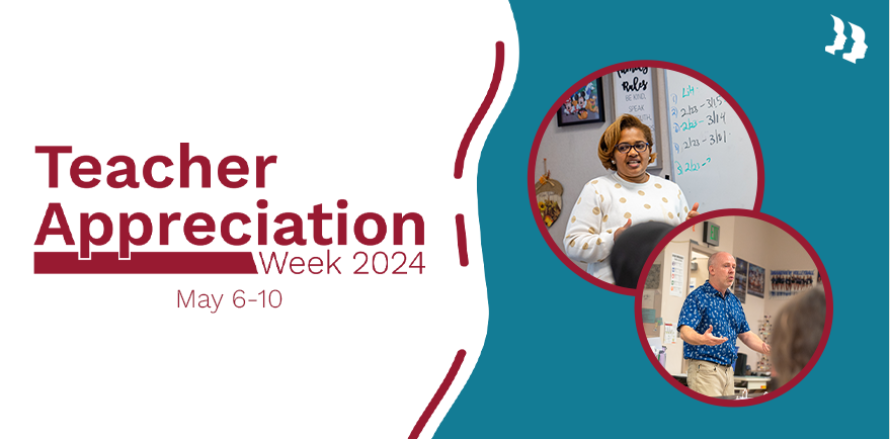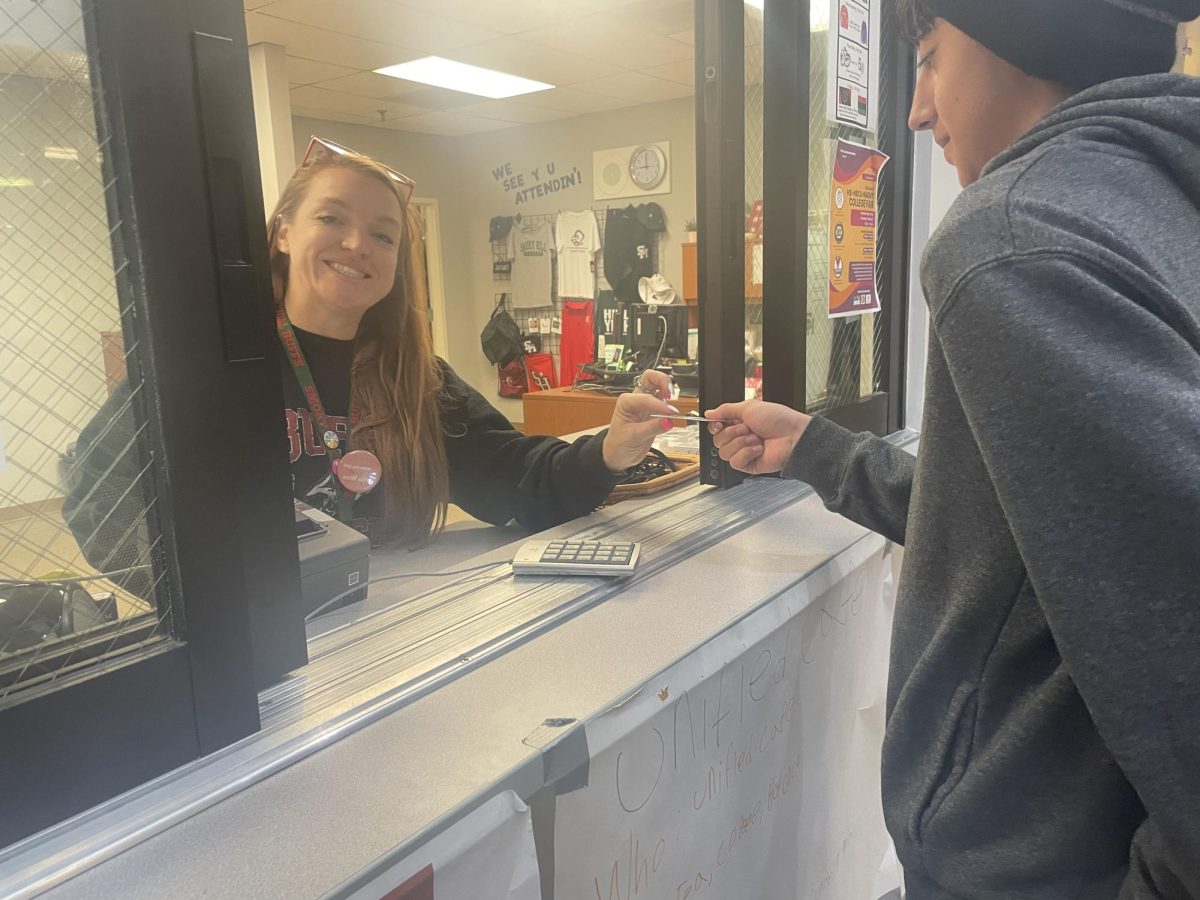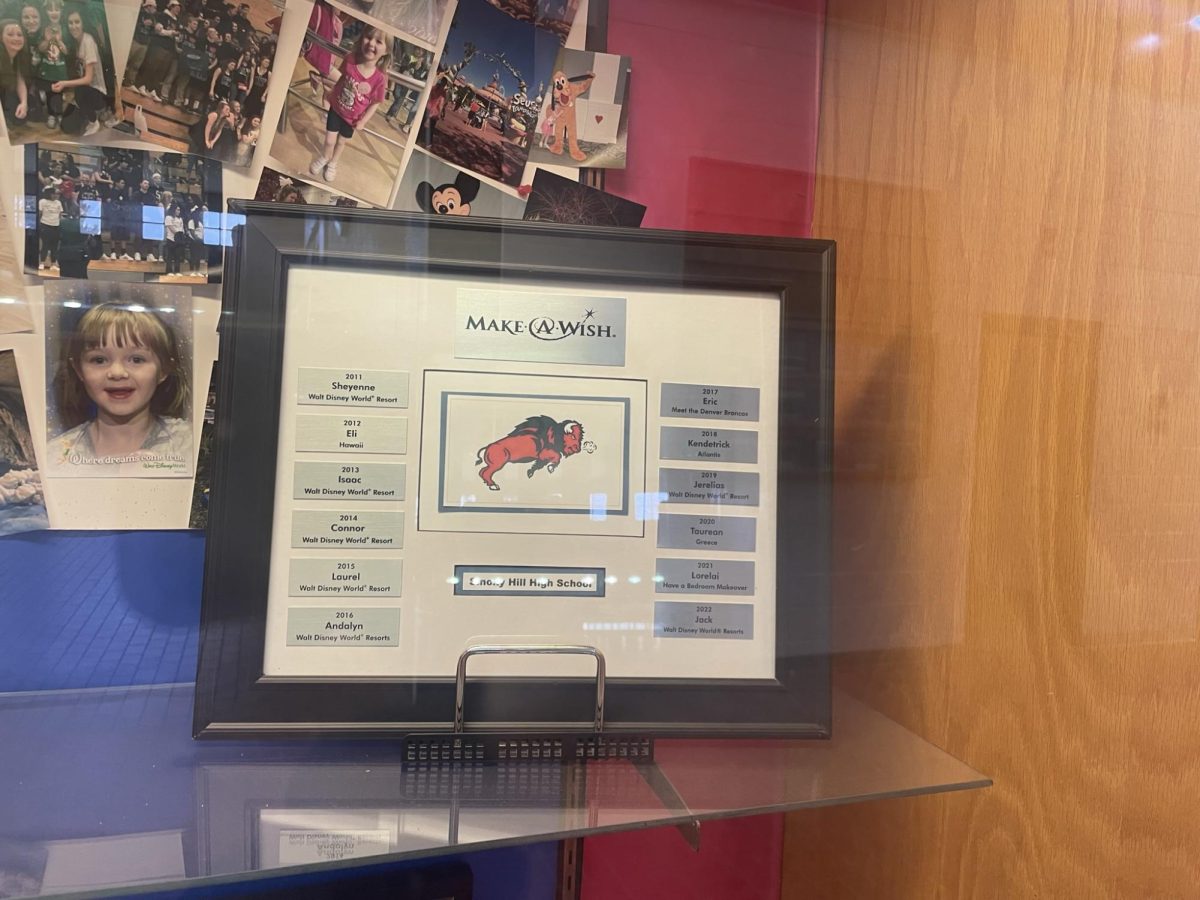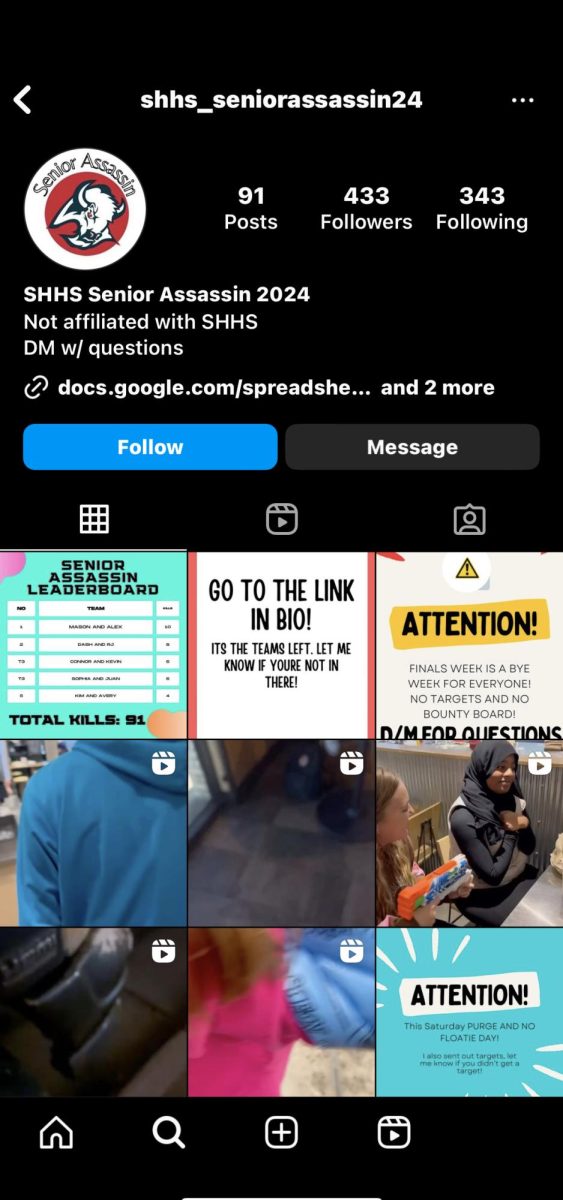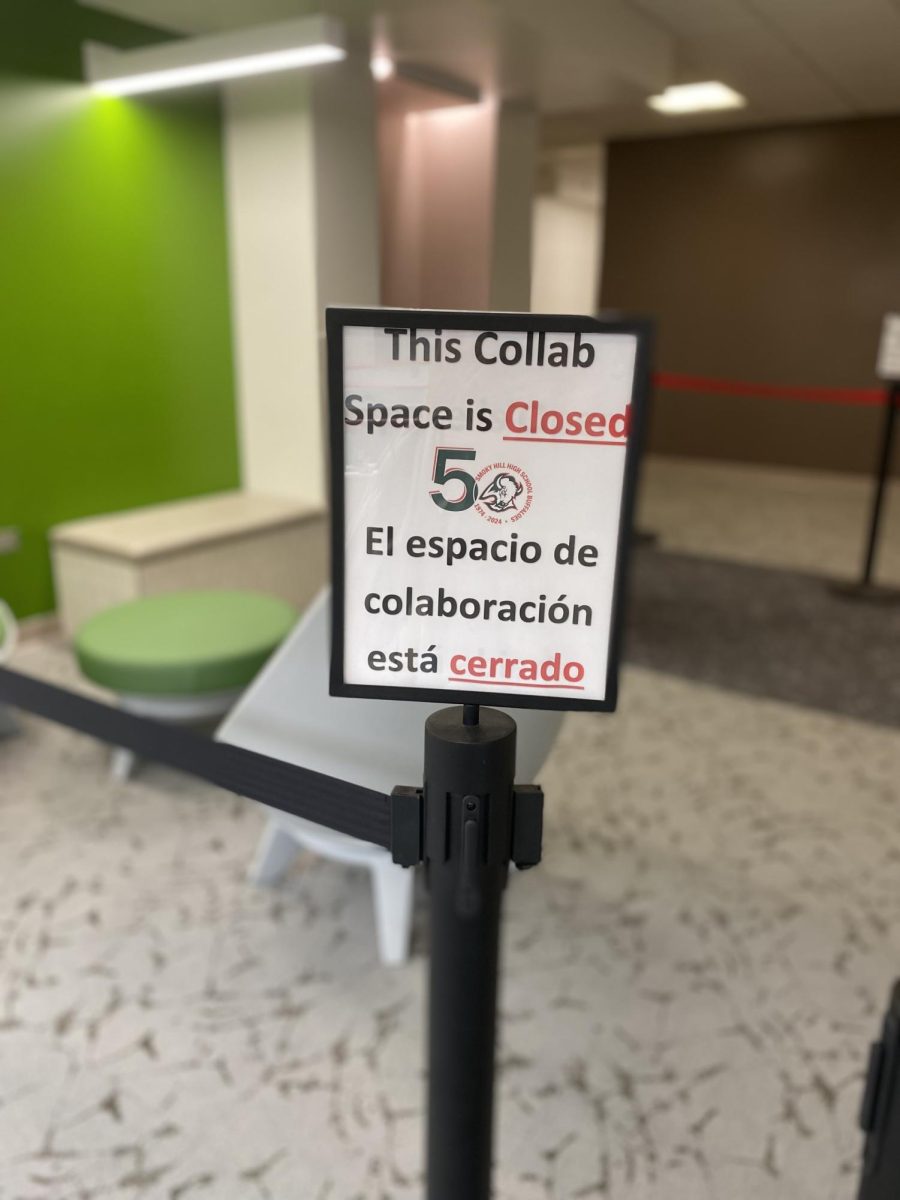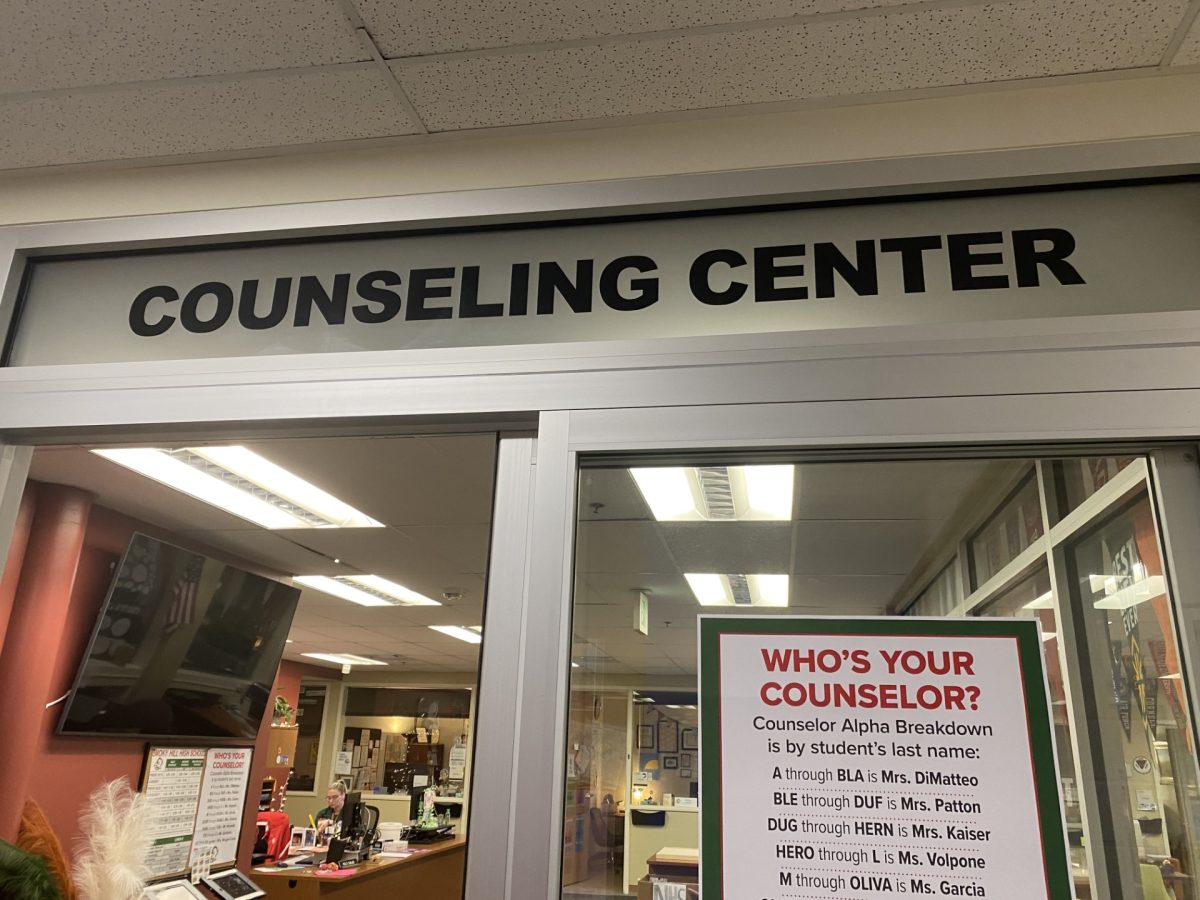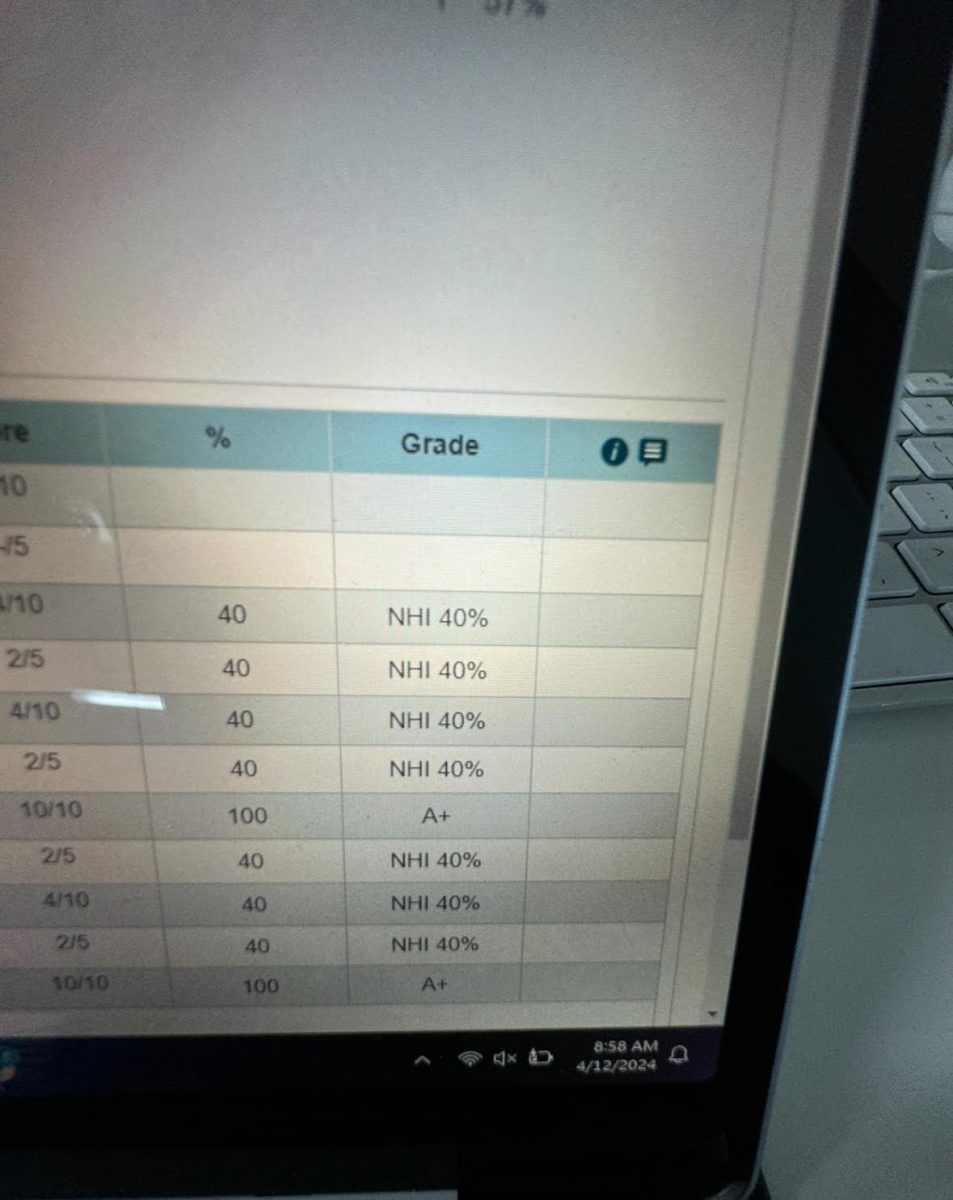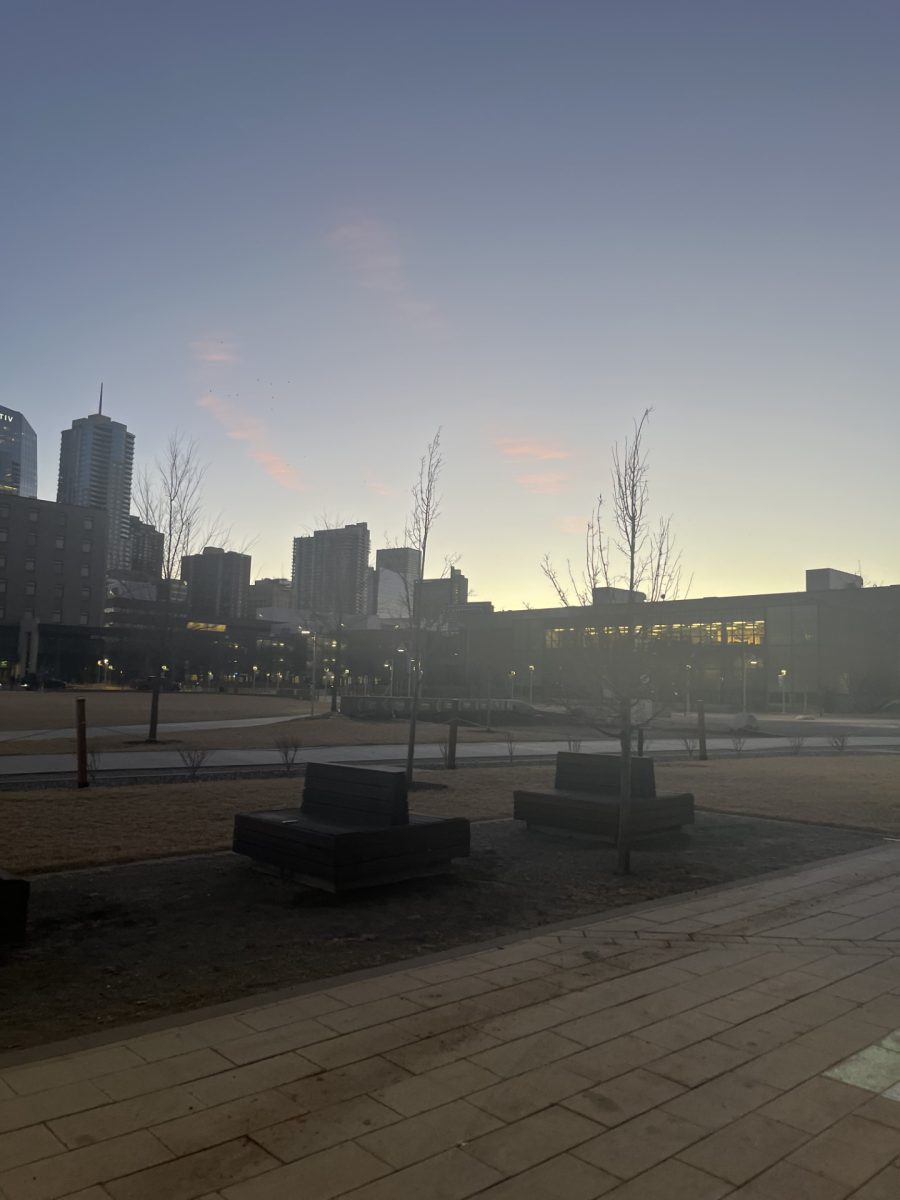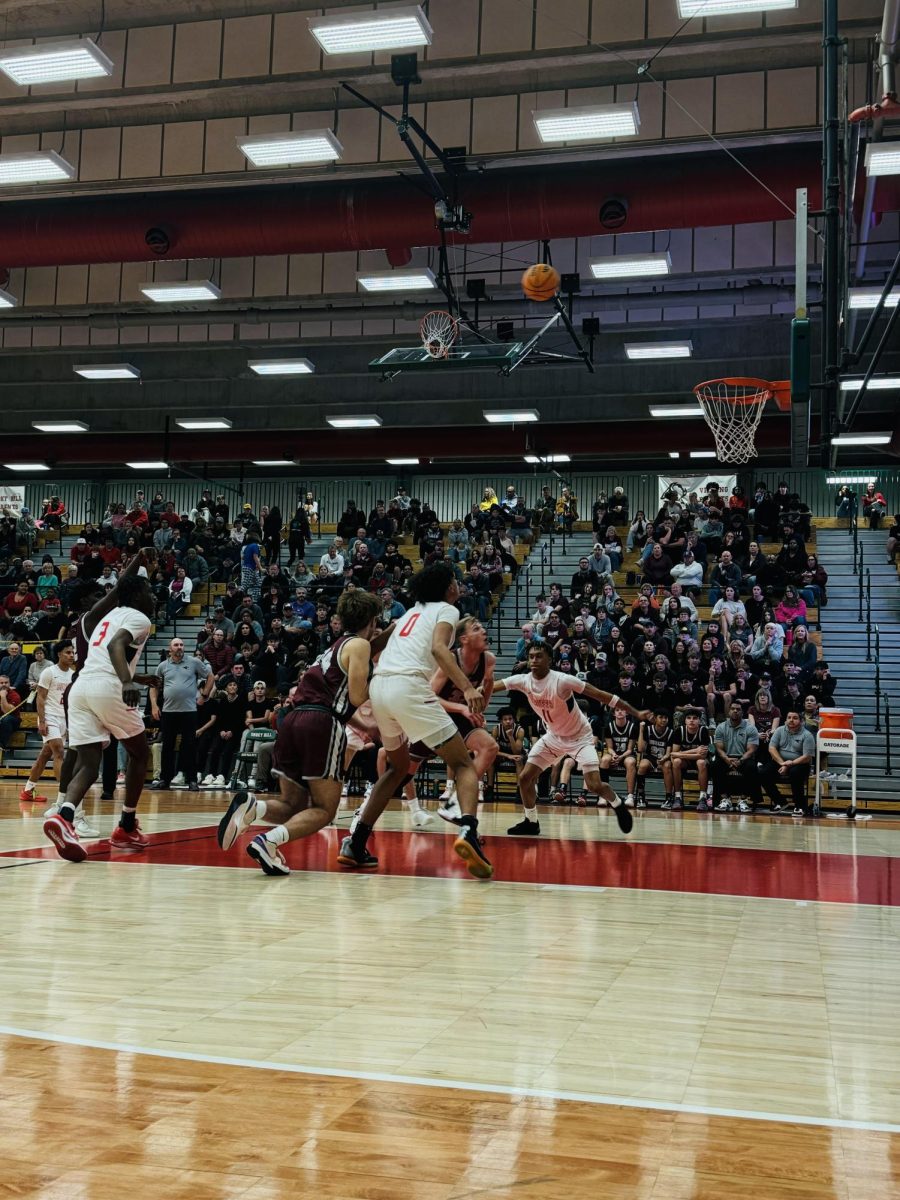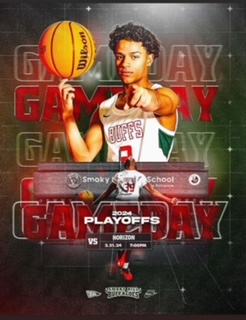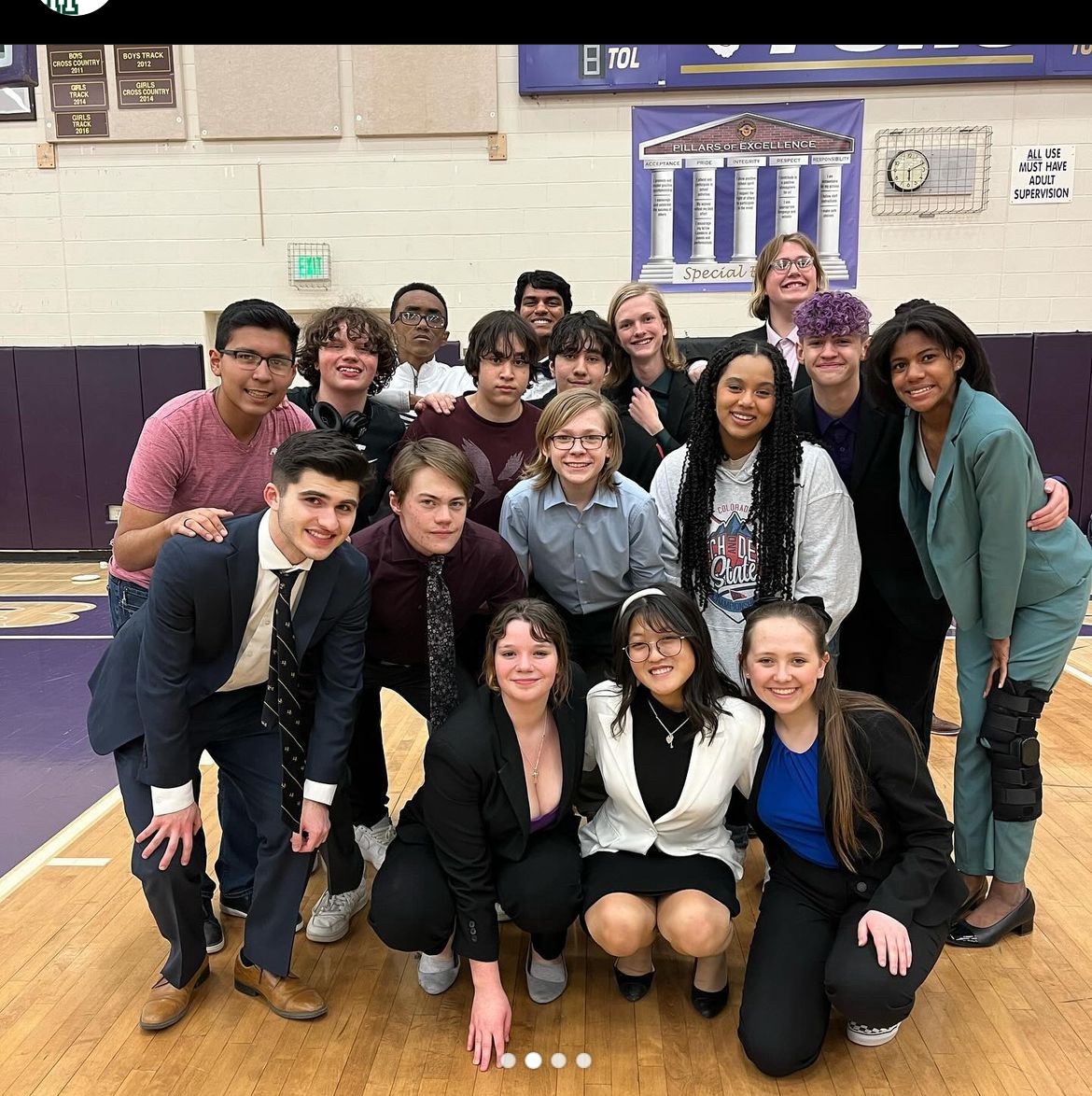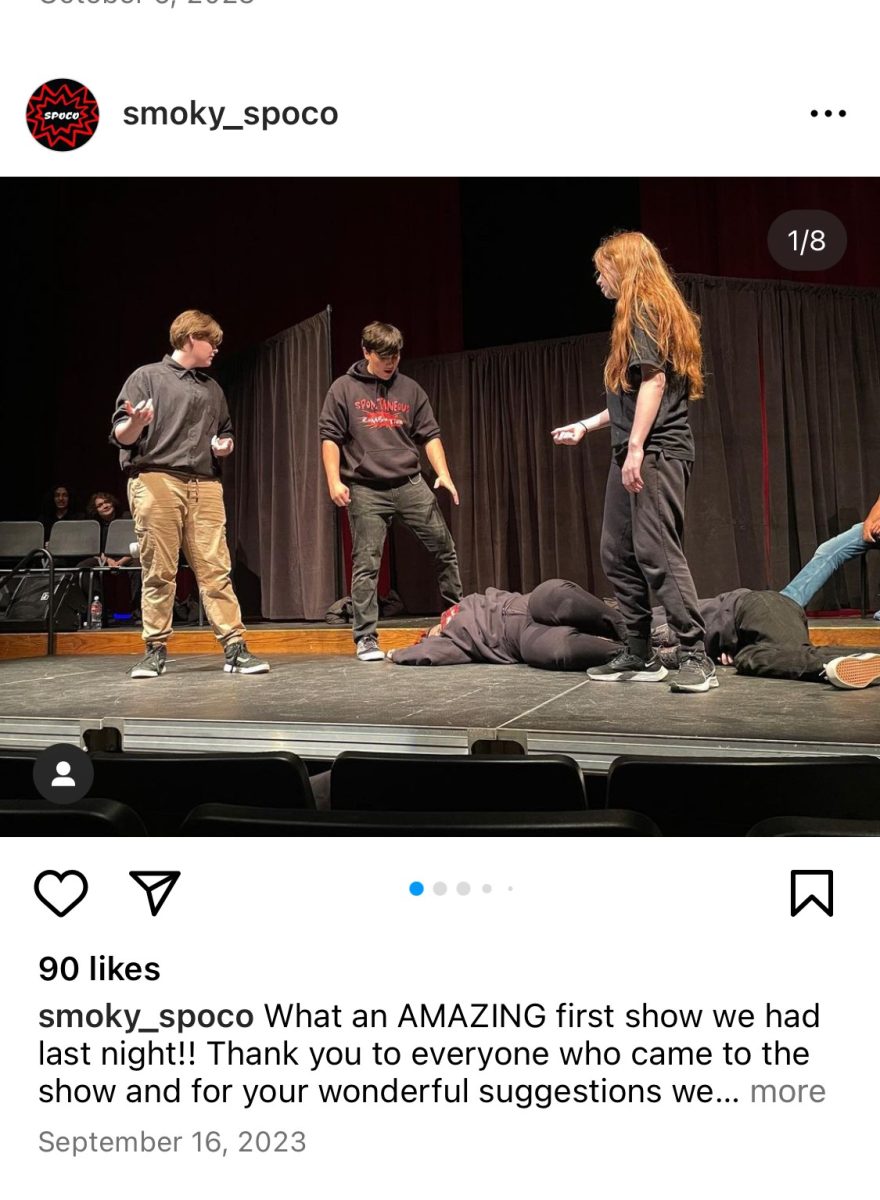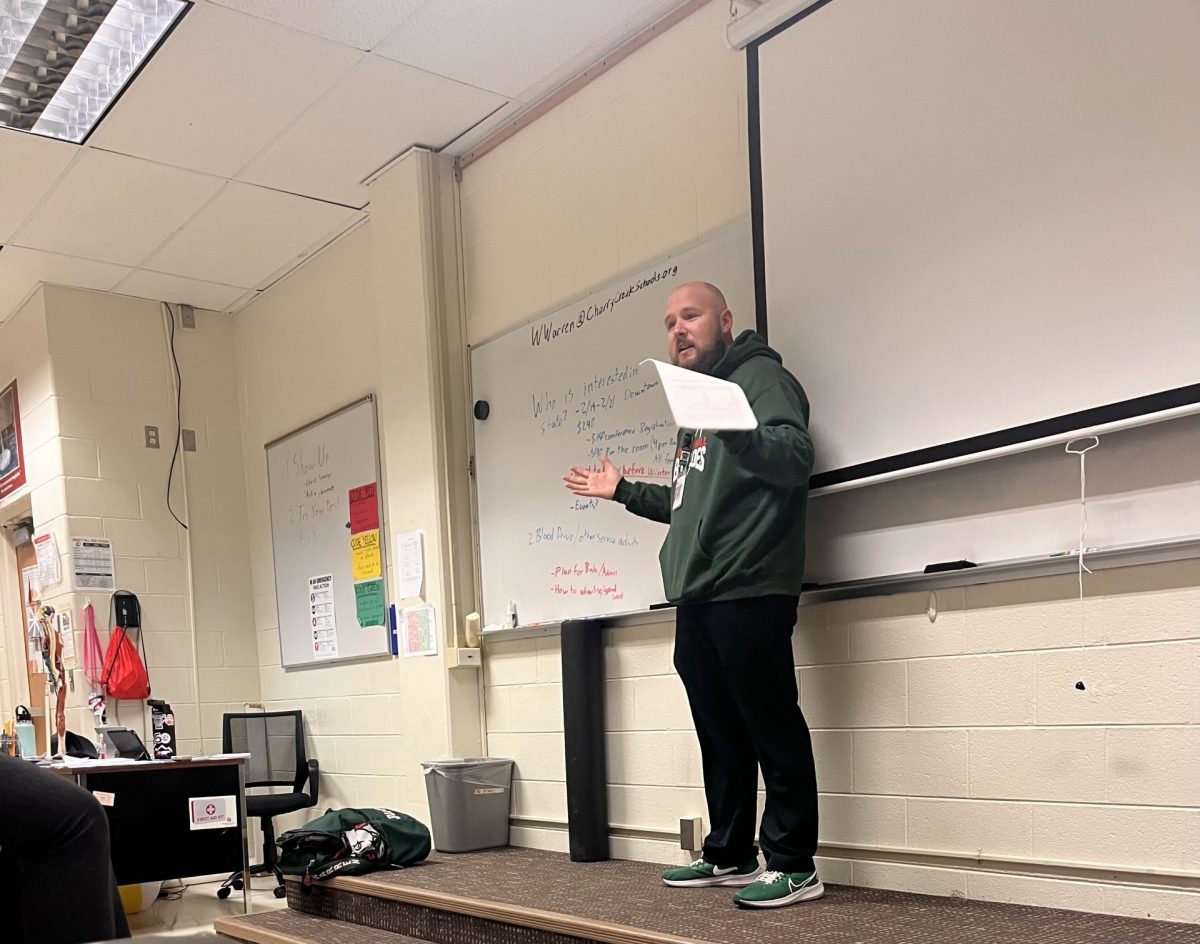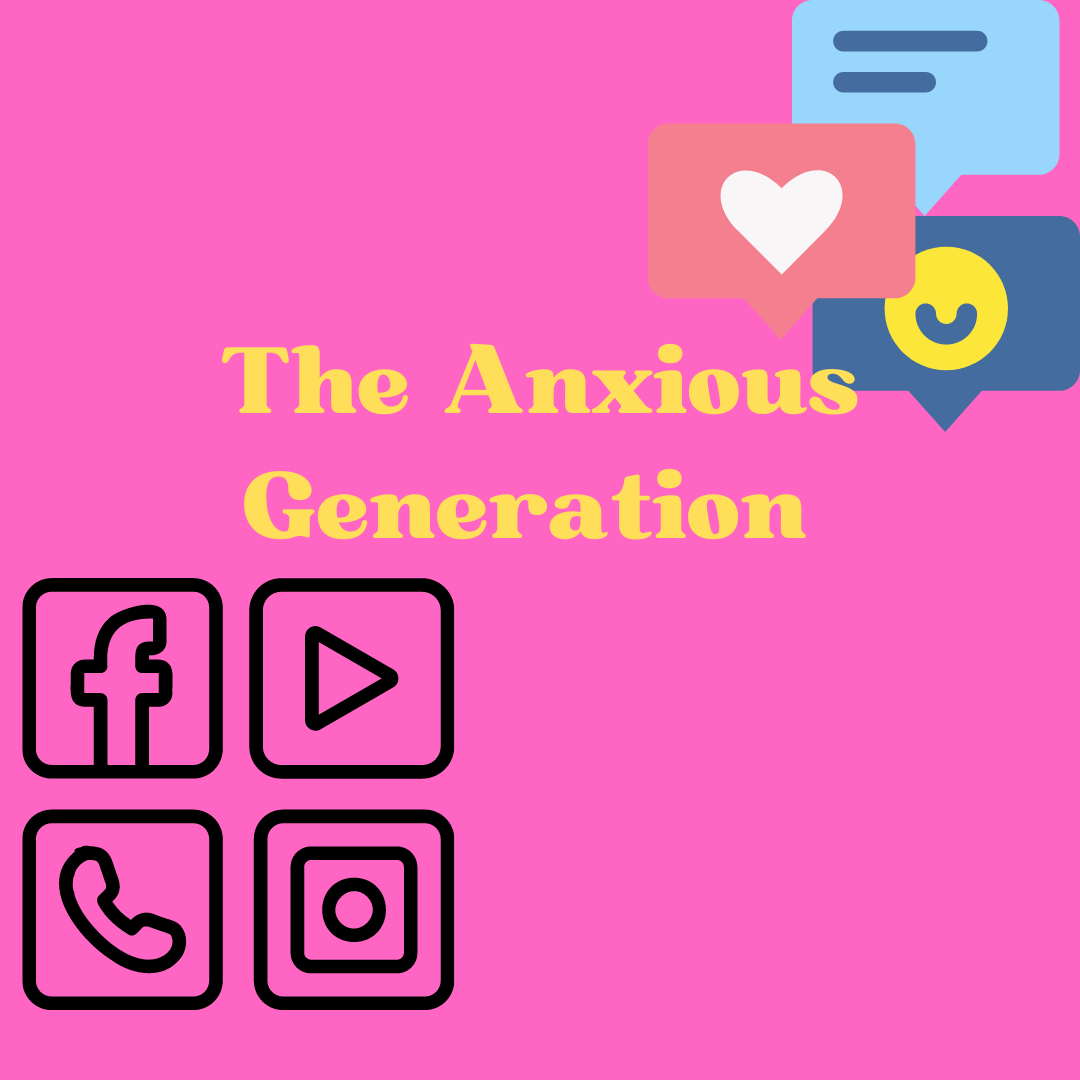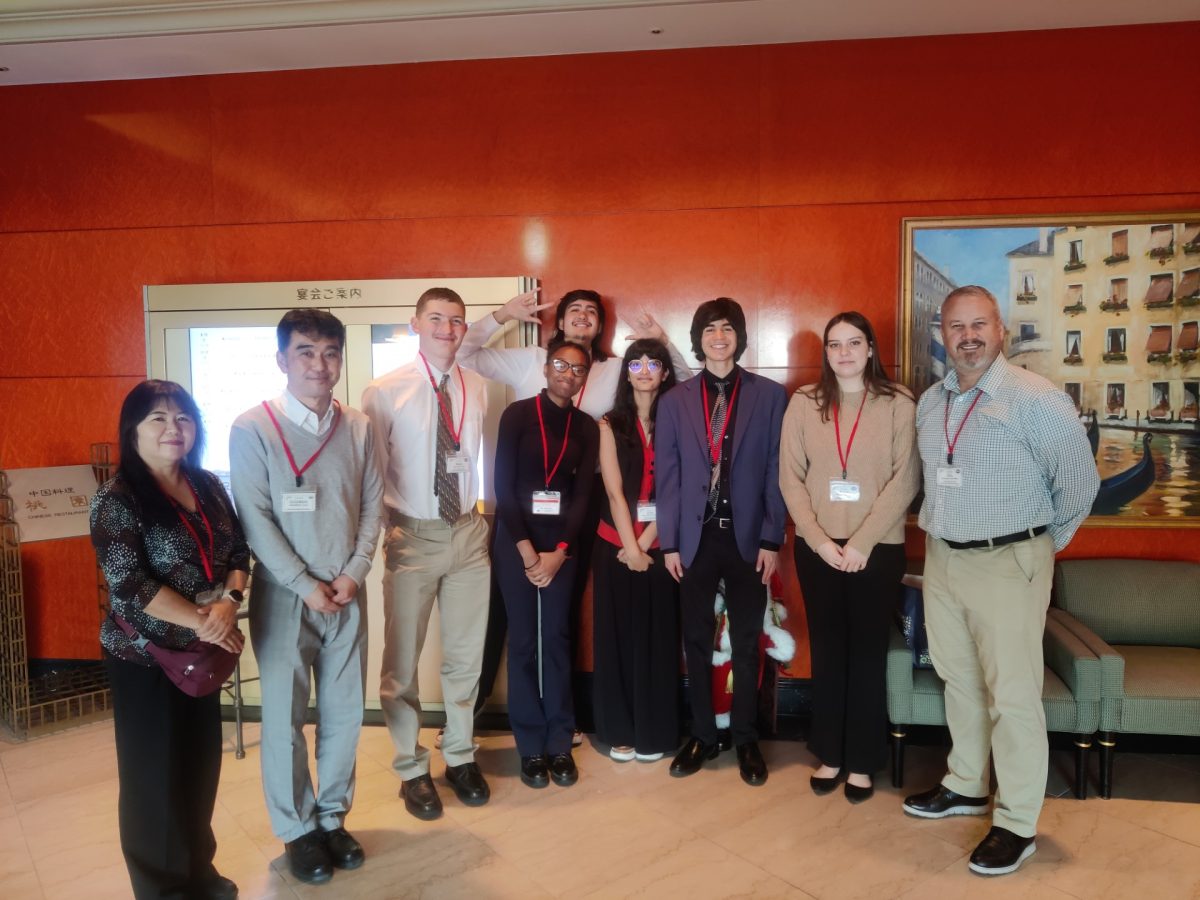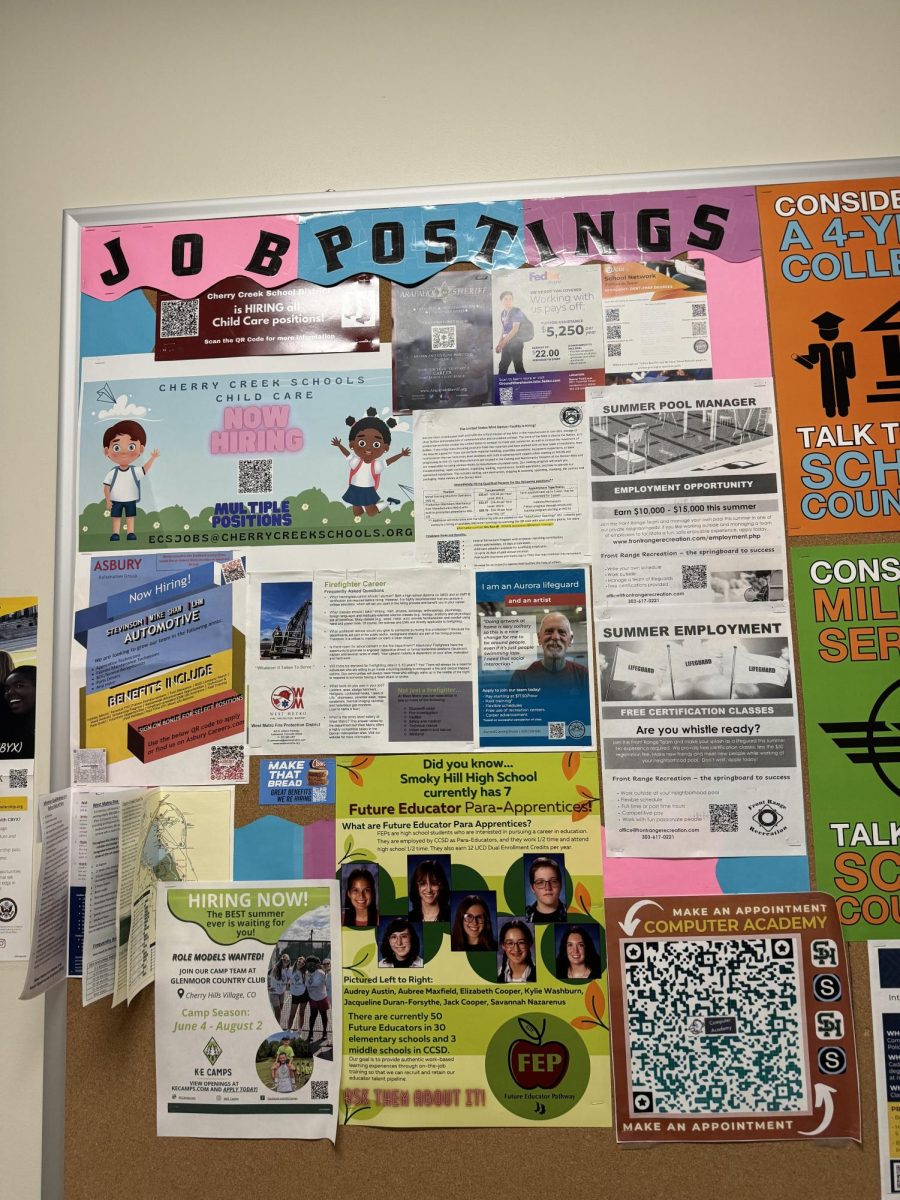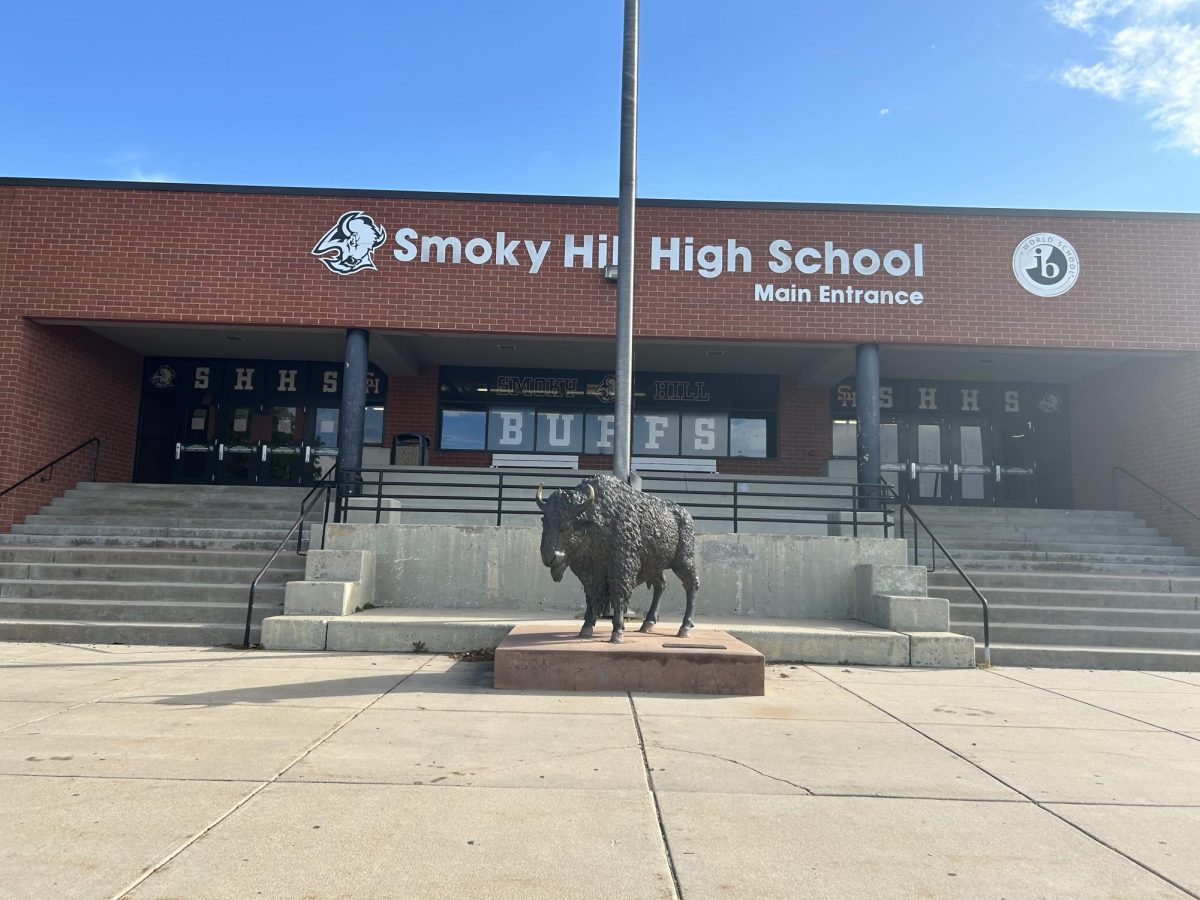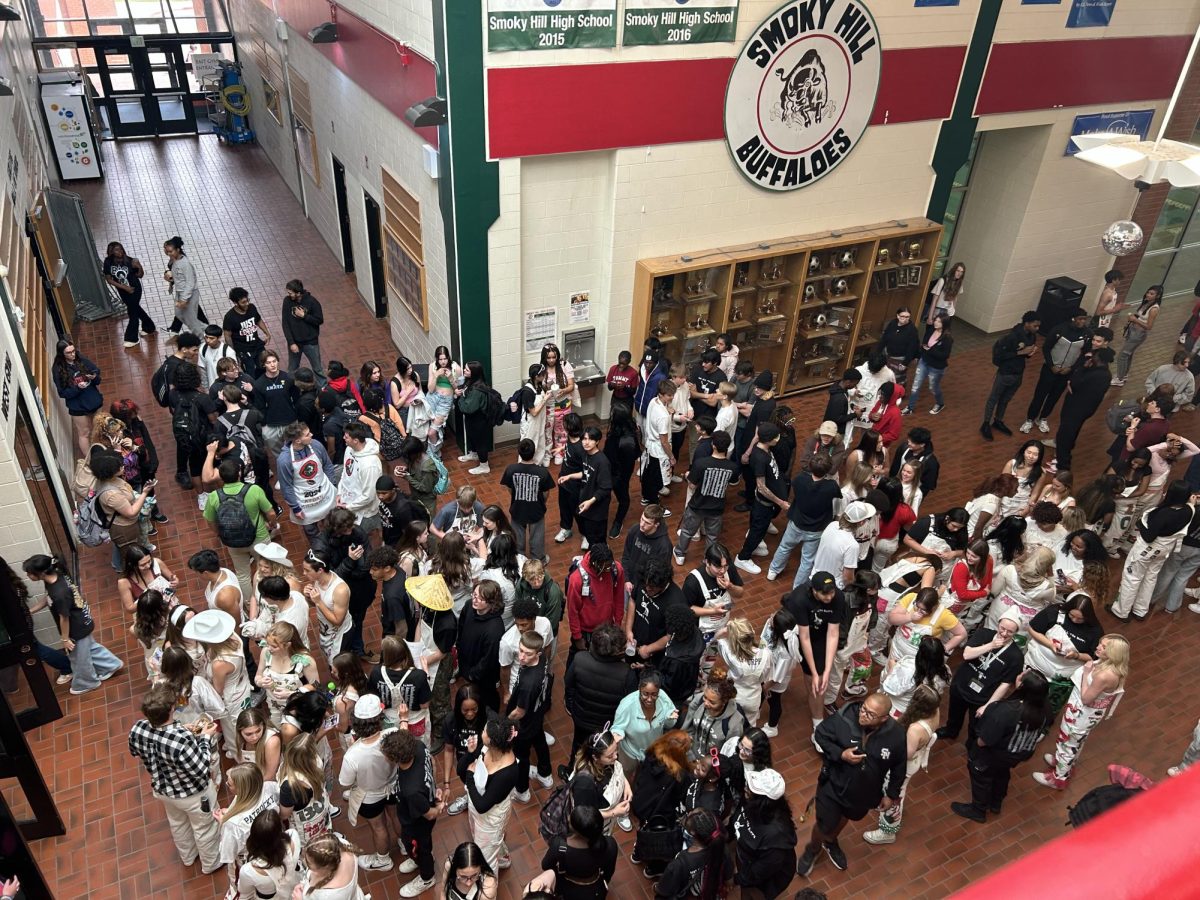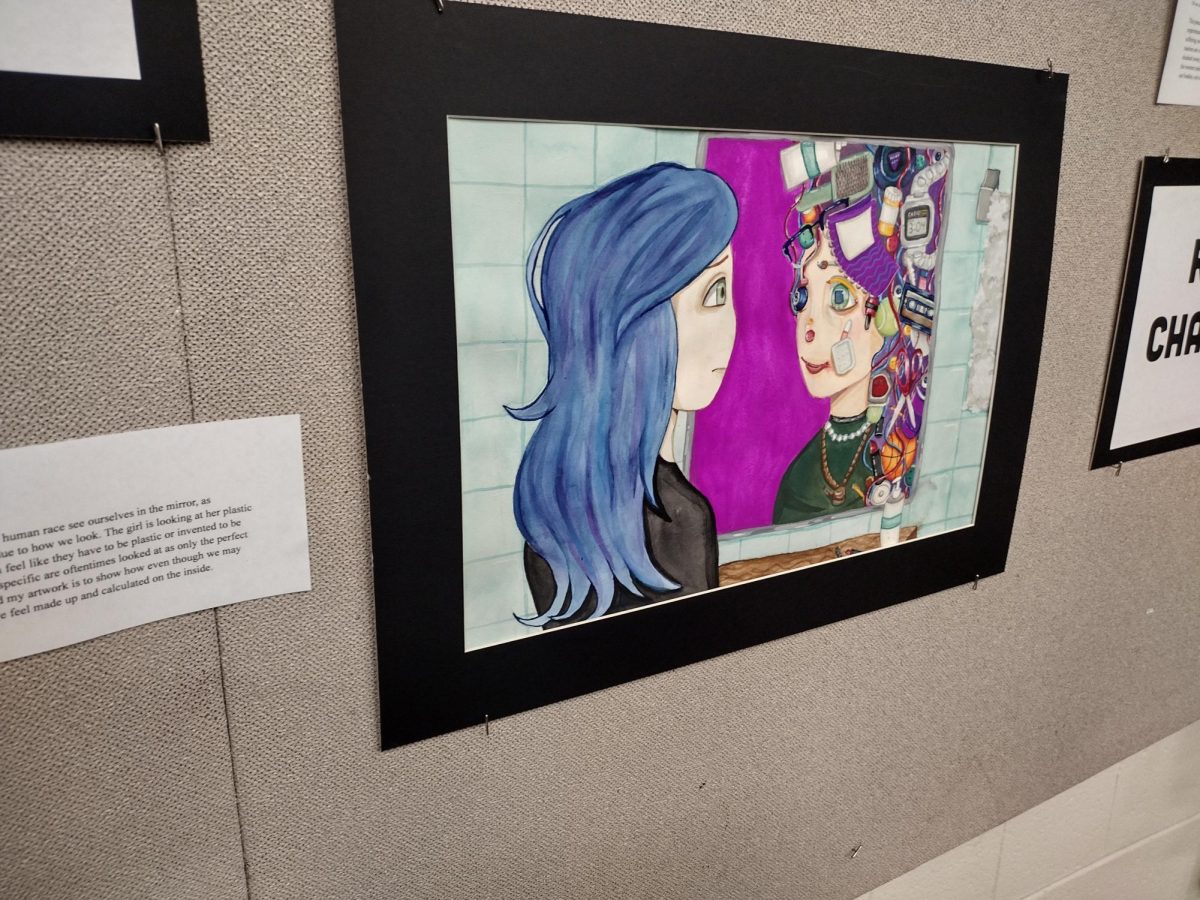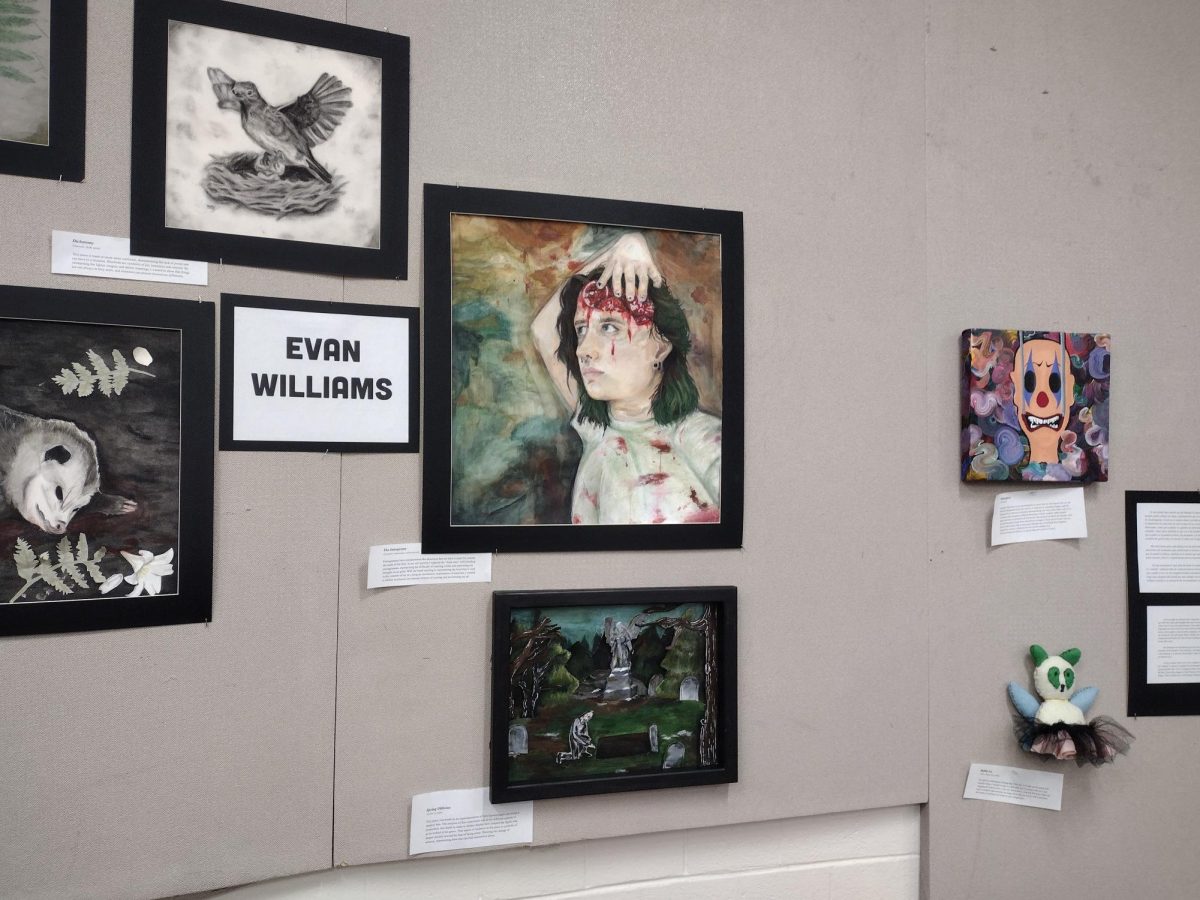During Thanksgiving Break the Japanese class took a trip to Japan.
“This trip was 100% sponsored by and paid for by the Japanese government (Ministry of Foreign Affairs),” said Taba Ayako, Japanese Teacher.
This opportunity provided to our school gives students’ more educational experiences, but choosing who would take the journey became an increasingly difficult task.
“The trip was sponsored by the Japanese government and they had a list of criteria for choosing who could go on the trip. It was very difficult to choose who should go on the trip,” she said.
Taba Sensei talks about the rich cultural experience this trip provided for Smoky students.
“The experiences we had on this field trip will help make the lessons more authentic by using real-world examples,” Taba said.
Students were surprised to see what happened during the 2011 Tsunami in Japan. Part of this trip was meant to be focused on the natural disaster prevention.
“Our goal in Japan was to see natural disaster prevention and such,” Miguel Vale San (12) said. “So we went to a place that was hit by the 2011 Tsunami called a representative data and we got to see the before it got hit and the after and then the now how it looks. And it’s crazy to see how everything disappeared. I suppose. It was really heartbreaking,”
Students were encouraged to speak and understand as much Japanese as they could which was a challenge for all of them.
“I think the biggest challenge might have been how fast native speakers of Japanese were speaking in Japan. Also there are different regional dialects and accents that sometimes are harder to understand,” said Taba Sensei.
Some students felt as if they would have been judged heavily in Japan but encountered the entirely opposite experience, and found how nice the people there were.
“So before I went, I was kind of scared of being like, because I’m like, really tall and like, I was scared of sticking out and that people would like judge me, I guess. But Japanese people were so friendly,” Megan Welly (12) said. “To us. Like they were really excited to have us they gave us like free stuff because they were so interested in us like visiting them. So I just thought it was interesting how like, they’re actually so friendly, and how they made it a point to be polite. I was like as polite as possible,”
The students began to have a genuine connection to the culture, saying how ‘homey’ it is there and appreciating the friendliness of the elderly folks.
“So they were just really just really nice people so I loved being in that part of the of Japan because it just felt so like homey, you know, and it was just like, I think that was my favorite part just meeting the people and meeting. Most of them are elderly and they were just so nice. So I just, I loved meeting those kinds of people and just everyone was so excited to have us there. So that’s what I loved most,” Welly said.
The students expressed the friendliness of Japanese people and found that it was surprisingly easier to speak Japanese there.
“I learned how nice Japanese people are and how easy it actually is to speak Japanese. In class. I don’t really get the same effect. I see it more as a challenge but over there, it seemed more fluent and you know, easier to speak I suppose,” said Miguel.
After the trip the students may have become more interested in studying Japanese further on in their life.
“It made me want to it made me really want to study more Japanese. I was kind of debating if I wanted to do it further in college, but now I’m really considering it,” Sale Van said.
The students used the things they learned in class in real-life encounters, such as in restaurants and shops during the Japan trip.
“When I was in Japanese three we learned about restaurant manners, and like phrases that you’re supposed to say to your waiter and let the waiter say to you or like even if you just go into a shop, they see like specific things and I was like, surprised that I knew that and I like no, I knew how to respond to them. So it’s just like, I’ve never used Japanese like real life. So it was really interesting having to use it. Like when I went shopping and stuff,” Welly said.
“Most people out there didn’t speak English. So we had like a translator, but like, I could understand the language and sometimes I had to use like phrases that I have learned,” Megan said. “So I guess I was just forced to use it more like in situations and I don’t know, just being like around Japanese people just made me feel polite and it’s just like, I don’t know, I guess I just learned a lot more about like the culture itself, which was kind of the point of the trip. So it’s really nice to see that.”
Students were given the opportunity to learn alot about Japanese culture and language that they may not have been able to learn in a classroom. This trip was an experience for all the people who went.

